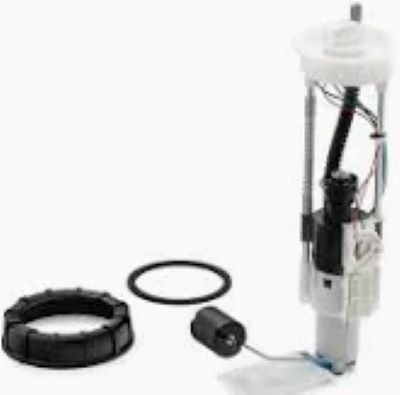Fuel pumps are affected by cold weather because cold air raises the viscosity of fuel making it more difficult for the pump to siphon fuel from the tank into the engine. Gasoline compacts for the little bit at temperatures beneath 32°F (0°C), and diesel gas can start to gel as nicely, in sub-zero circumstances. What it does to your diesel engine: Gelled fuel constricts flow, increasing the strain on the fuel pump and reducing the efficiency of fuel delivery. According to industry data, freezing temps can cause fuel pumps to operate at a 20% lower efficiency than their rated efficiency, resulting in reduced fuel flow rates and possibly engine performance issues on cold starts.
Chilly temperatures also diminish the energy the battery can pump out to deliver to the fuel pump. Because fuel pumps usually need a voltage of 12-14 volts for proper operation, if a battery is weak due to cold weather, the voltage may fall under that number and the pump will no longer supply the necessary pressure. It goes, according to some studies and tests that when battery output is hurt by freezing conditions, fuel systems see a reduction of about 10 — 15% in efficiency. A healthy battery leaves the fuel pump running at its full potential in cold temperatures.

And then there's condensation in the fuel tank, which makes both things worse. Temperature changes can cause moisture to form inside the tank. It is a danger that in freezing weather this water can turn to ice crystals blocking the fuel filter or penetrating the pump and causing damage. This ice can build up in the fuel lines and the pump, so to combat this get the tank at least half full to reduce condensation and thus prevent this from happening.
Jeremy Clarkson, fuel expert says, “It makes any fuel system cold weather-proof, and different petrol systems benefit from a reliable pump more than others” Cold weather does not impact fuel delivery and underlying technologies, either, not with properly functioning fuel pumps built for the temperature extremes.
A high quality Fuel Pump specifically designed to withstand heat is best able to circumvent these cold weather problems, so the fuel system can function reliably, even at sub-zero temps.
